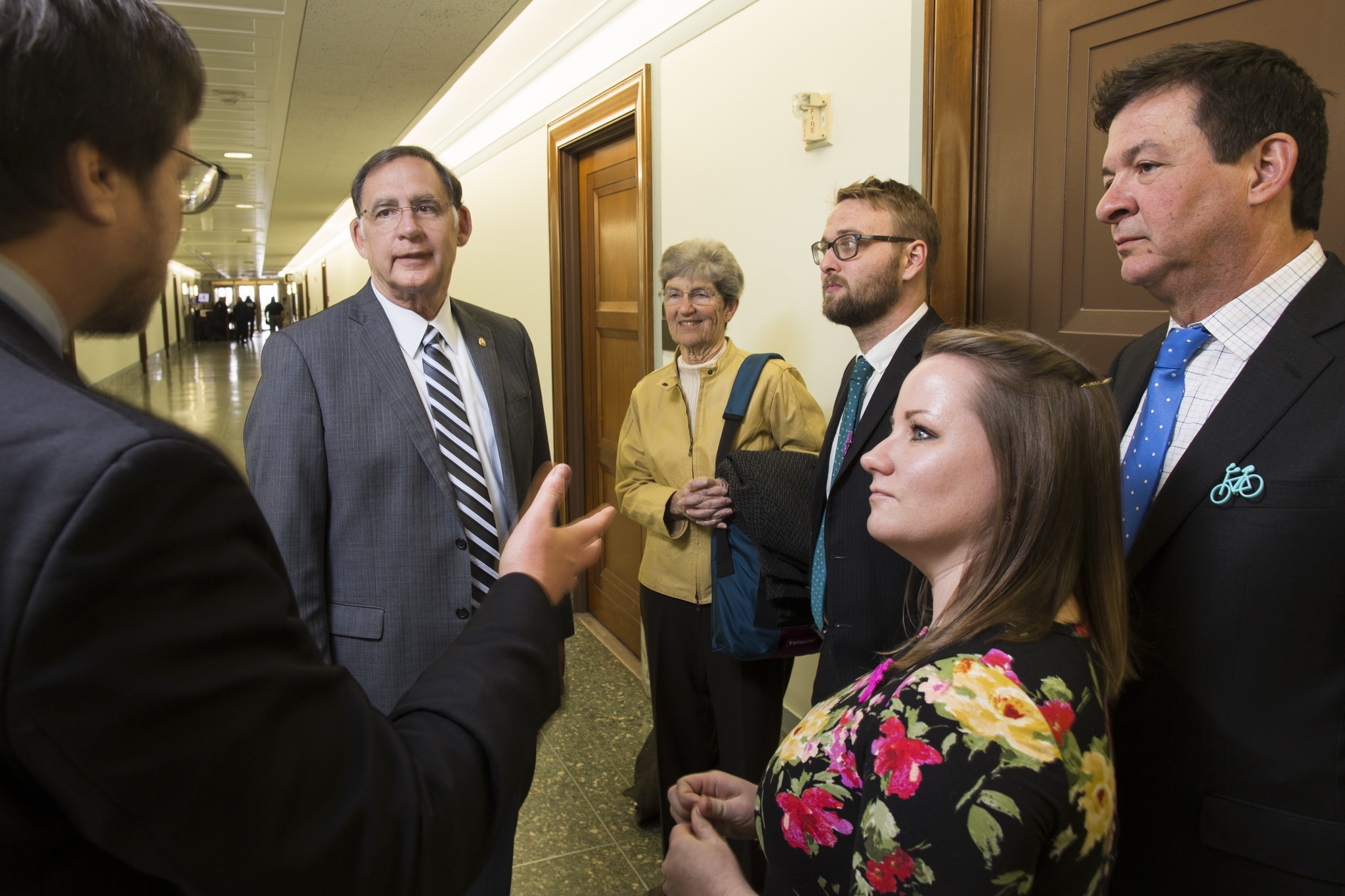DISCOVER YOUR LOCAL BICYCLING COMMUNITY
Find local advocacy groups, bike shops, instructors, clubs, classes and more!
US DOT makes changes to TIGER … and Congress isn’t happy

Thanks to all of our National Bike Summit attendees who came to Washington and advocated with their members of Congress. One of our asks this year was to robustly fund the TIGER program. The TIGER program is a discretionary program that allows not only states, but also local communities to apply. The program was designed to fund multimodal projects (like complete streets) and multi-jurisdictional projects (like bridges and bike access across state lines). The primary criteria for the grant program have included: safety, state of good repair, economic competitiveness, environmental sustainability and quality of life. Projects also must complete a cost-benefit evaluation.
Bicycling and walking projects have been very competitive through the eight years of the program, including trail projects, complete street projects, as well as bridges and transit stations with biking and walking access. In fact, bicycling and walking projects averaged 4.5 percent of all TIGER funding versus roughly 2 percent of general funds. That 4.5 percent does not include complete streets projects which is a growing slice of TIGER funds. (If you include complete streets projects, bicycling and walking’s share increases to 18–20 percent). These projects almost always include improving biking and walking infrastructure as well as transit access and improved safety.
This year, two weeks after Summit attendees asked for robust funding for TIGER, Congress tripled the funding that went to the Program!
However, when the U.S. Department of Transportation released the notice of funding for the program there were several changes to the program. First, they changed the name from TIGER to BUILD (Better Utilizing Investments to Leverage Development) stating that the new program would better make a positive impact throughout the country and fund projects that have a significant local or regional impact.
The most important thing that US DOT changed was the criteria. In the FY 2018 budget that funded TIGER, Congress directed the US DOT to keep the same criteria as the past: Safety, state of good repair, economic competitiveness, environmental sustainability and quality of life. US DOT kept those required by Congress, but added three more:
- Innovation — including technological, financing and project delivery
- Partnerships, and
- Non-federal revenue for transportation infrastructure investment.
These three new criteria are reminiscent of the Trump Administration’s infrastructure package which prioritized public-private partnerships and had as the top priority the percent of funding the local government could secure. The less an applicant needed from the federal government, the more likely they were to receive it!
What would this mean for bicycling and walking? I believe these changes could make it harder for trail funding. However, a complete streets project that focused on economic development, and partnerships with local businesses and employers should still be competitive. In addition, Congress also directed the DOT to ensure the grants are dispersed fairly between states, urban and rural, and modes of transportation. The League will work with our champions in Congress to ensure that bicycling and walking projects are in the mix.
Congress reacts to US DOT Changes
This change hasn’t gone unnoticed by Congress. Chairman Susan Collins (R-ME) and Ranking Democrat Jack Reed (D-ME) of the Senate Transportation Appropriations Subcommittee sent US DOT Secretary Chao a letter expressing her concern over the changes — especially the changed criteria: Non-federal revenue for transportation infrastructure Investment.
The letter expresses why the Congressional leaders feel this is an unfair criteria, and one that will make successful grant applications difficult for specific states and communities. The letter also reminds Secretary Chao that Congress specifically prohibited the use of cost-share criteria in the budget, and that this non-federal revenue criteria is very similar.
What happens now?
The letter from the Senators requests a response from Secretary Chao so we’ll continue to watch for future developments. There seems to be some level of agreement by Congress that they may not be happy with these changes. Representative Mario Diaz-Balart (R-FL) who chairs the House Transportation HUD Appropriations Chairman told reporters that Congress may choose to tinker with the program so that the agency has less flexibility to make changes.
The deadline for BUILD grants is July 19, so Congress and the US DOT will need to work this out soon.